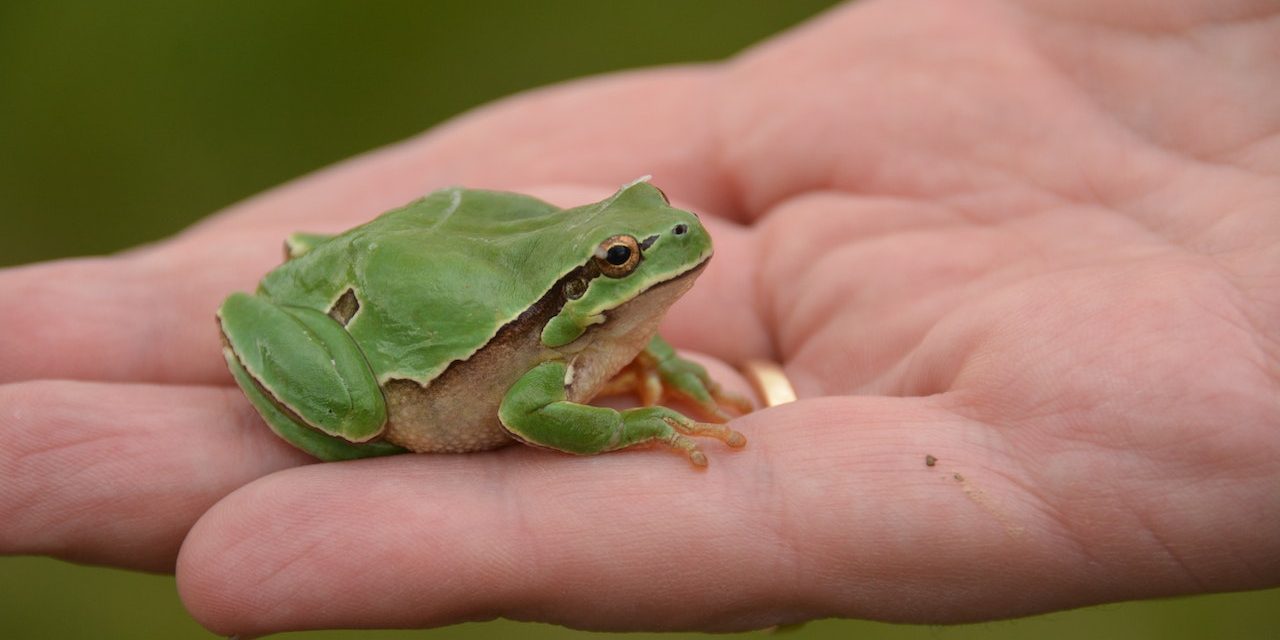Our concept of love shifts and changes as we grow older. Books are written, movies are made, and songs are sung—all trying to convey this thing called love. I grew up in the ’60s when about half of the songs were about finding love and the other half was about losing it.
Children’s understanding of love comes within the context of self and family. We love our mommies, we love our dogs, and we love our teddy bears, but outside of that, we have no context in which to experience or understand love.
A group of 4- to 8-year-olds was given the question “What does love mean?” As expected, their answers came in the context of family and friends. Read a few, and you will see what I mean:
“When my grandmother got arthritis, she couldn’t bend over and paint her toenails anymore. So, my grandfather does it for her all the time, even when his hands got arthritis too. That’s love,” Rebecca – age 8.
“I know my older sister loves me because she gives me all her old clothes and has to go out and buy new ones,” Lauren – age 4.
“When someone loves you, the way they say your name is different. You know that your name is safe in their mouth,” Billy – age 4.
“Love is when Mommy sees Daddy smelly and sweaty and still says he is handsomer than Robert Redford,” Chris – age 7.
“Love is when you tell a guy you like his shirt, then he wears it every day,” Noelle – age 7.
But as we get older, our understanding of love takes gentle shifts. Allow me to share a story that demonstrates the difference between a boy’s and a young man’s concept of love.
One day, a little boy was playing in the woods when he happened upon a frog. The frog spoke to him, “Kiss me, and I will become a beautiful princess.”
The boy studied the frog, then put it in his pocket. ”Hey,” the frog croaked, “how come you didn’t kiss me?”
“I’d rather have a talking frog than a princess any day!!” replied the boy.
Ah, but a day will come when that young boy would rather have a beautiful princess than a talking frog.
Soon our love expands even more to include people outside our family and frogs. Since I have worked with students, I get to see this type of love blooming as they grow in their awareness of the opposite sex. Young men are no longer afraid of getting cooties, and young girls no longer see boys as yucky.
Sometimes I walk into a room of young people and the hormones are so thick I can barely make it to the other side. I notice a young couple as they sit on opposite sides of the room making eyes at each other. They laugh, drop their heads and look up again, laughing and giggling. Once more, they bow their heads, look up again and smile. Even though they’ve never spoken to each other, they’re now boyfriend and girlfriend. Nothing says, “I love you” more than a text message from across the room.
Love today has been digitized, advertised, sanitized and exemplified. But nothing can come close to the love our Father has for us. Those who want true love must come to the realization that essence of love is a person. To know love is to know God, for “God is love” (1 John 4:8). He is the creator, founder and designer of this thing called love. The closer we draw close to Him, the more we can expand our love beyond our humanness. A personal relationship with a Holy God changes our ability to love. And even when we don’t feel like loving, through Him, we can love our enemies and pray for those who despitefully use us. In this, the love of God is broadcast across the hearts of mankind.
If you’re looking for love, you don’t have to look any further than John 3:16, “For God so loved the world that He gave …” There has never been a more powerful line written than this one, which says we matter to God. “… His one and only Son.” There has never been a more opulent gift. “…that whoever believes in Him shall not perish but have eternal life.” There has never been such an enduring gift. And He gave that gift to you.
You are loved, you matter to God, and He wants the best for you! And that, my friend, is nothing to croak about.





